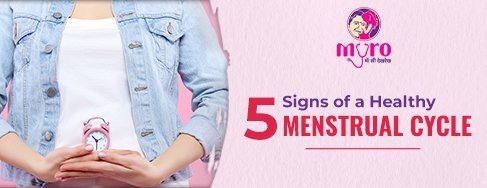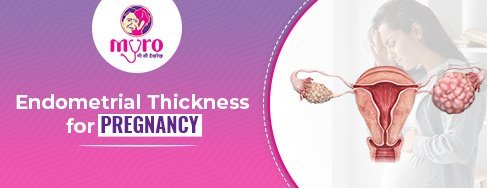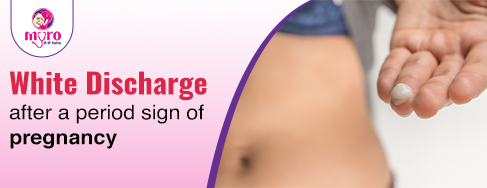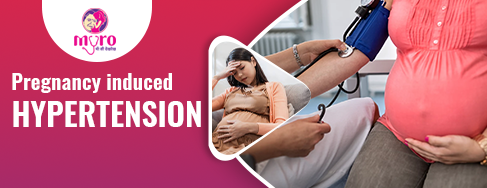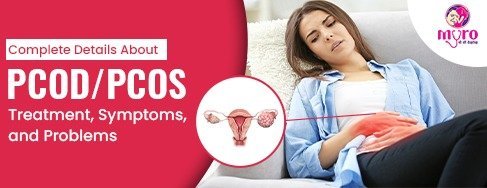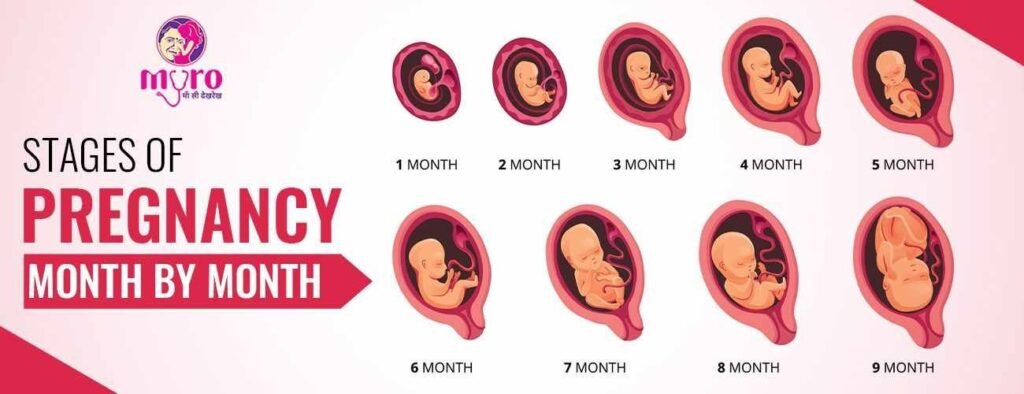As a woman, visiting a gynaecologist is essential to maintaining your reproductive and sexual health. During these visits, it’s essential to have open and honest conversations with your doctor to ensure that you receive the best care possible. To help you prepare for your next appointment, here are seven things you should always discuss with your gynaecologist. 7 Things you…

